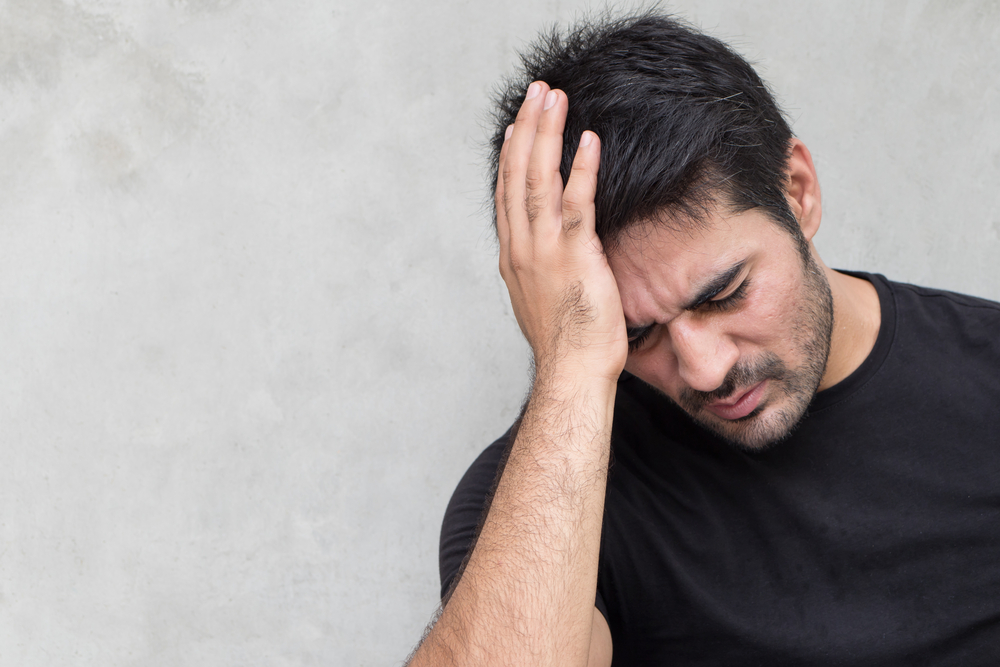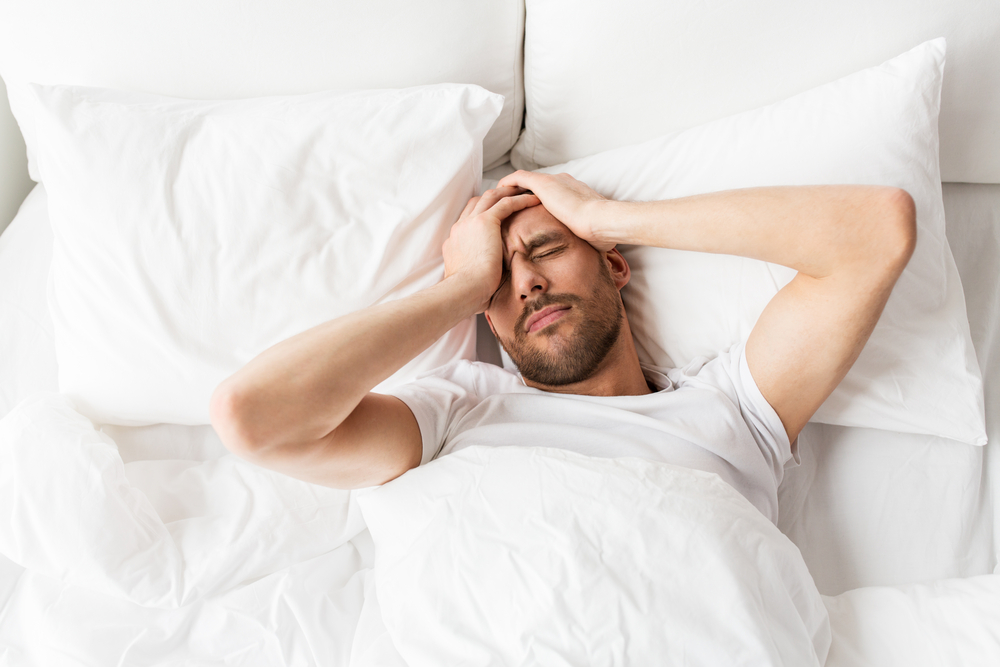Education
Weed Hangover – How to Beat the Day-After Blues
Cannabis offers a wide variety of therapeutic effects that can soothe both the mind and body, but consuming too much of it can lead to what is known as a weed hangover the next day.
Much like an alcohol hangover, weed also has the potential to produce adverse effects that can transfer over to the day after your session. Whether you’ve smoked too much weed or taken too strong of an edible, the residual effects will be felt the very next day.
It may come as a surprise for many newcomers to the scene, but weed hangovers are no lie. They do happen, and although they may not be as severe or dreadful as an alcohol hangover, they are just as annoying.
The effects of a weed hangover can linger throughout the day, causing headaches, cottonmouth, and fatigue to varying levels of degree and can make the day seem like one big haze.
The mind fog is real for weed hangovers, and it’s more common than you might think. Weed hangovers are nobody’s favourite and can strip you of your energy and productivity.
To find out more about what contributes to a weed hangover, how to cure a weed hangover, and how you can avoid it, keep on reading for some useful info, tips and tricks.
Is a Weed Hangover a Real Thing?

Yes. A weed hangover is possible and real.
They can be as subtle as slight fogginess in the morning, all the way to debilitating, energy-sapping fatigue that can put even the most seasoned smokers in a state of disarray.
Although some people may claim that a weed hangover is a made-up fantasy, some people have gotten away with smoking copious amounts of weed with little to no residual effects.
When it comes down to it, individual physiology plays a large role in how marijuana will affect the person in mind, including physical build, weight, gender, etc.
However, while the number of studies related to the effects of active cannabis and even the potential side effects or residual effects continues to increase, research into studying the causes and symptoms of a weed hangover is still relatively low.
Still, for the sake of keeping it short and simple, the primary cause of weed hangover is obvious, consuming too much weed.
There are a few other factors that come into play, such as dehydration and individual physiology, but for the most part, these effects typically arise from excessive weed smoking, usually when it’s done in a single sitting.
Common Weed Hangover Symptoms
The symptoms of a weed hangover usually all fall under one similar category, they make it harder for you to complete tasks and responsibilities.
Symptoms of a marijuana hangover include brain fog, a haziness that renders you unable to have clear and focused thoughts, making it hard to concentrate and get high-level tasks done.
Other common symptoms of a weed hangover include:
- Loss of energy and motivation
- Fatigue
- Dry mouth (also known as cottonmouth)
- Nausea
- Dizziness
- Dry eyes
- Confusion
In some instances, users will sometimes also experience headaches.
How to Cure a Weed Hangover
While a weed hangover is likely not to be a super pleasant experience, it won’t last forever.
As with consuming too much alcohol and being hungover the next day, there is no one all-time fix for how to cure a weed hangover, as everyone is different, and various methods may work better than others depending on the individual.
Basically, it all comes down to different strokes for different folks.
That said, we’ve compiled a list of some tried and true classic solutions to help ease the blow and hopefully alleviate symptoms.
Below are some tips and tricks for how to cure a weed hangover:
Watch Your Consumption

The absolute best way to prevent yourself from experiencing a weed hangover is to take preventative action towards it.
That means paying attention to how much weed you’re smoking or how much you’d like to take. Keeping tabs on dosage requires diligence and effort, but the reward pays off immensely.
You can’t manage what you can’t measure. Of course, this does require some experience with smoking weed itself, so if you find it’s too late to take a proactive approach, we’ve got you covered for that, too.
Take a Cold Shower
Studies have shown that cold showers can activate and stimulate the sympathetic nervous system, driving out anxiety and depression symptoms while keeping the user sharp and alert.
We know that taking an ice-cold shower or bath can be an uncomfortable thing to do, but if you feel hazy from all the mind fog, a cold shower could be exactly what you need. You won’t have to take it for too long either, just a few minutes should do.
Trust us, it’s one of those things that is absolutely terrible to initiate, but it’ll leave you feeling like a million bucks once you’re done with it.
Weed hangover or not, cold showers are a great way to add some pep to your step.
On a side note, to make things easier for you, you can start the shower off with warm water and end by gradually adjusting it to cold water, so it doesn’t come as such a shock.
Drink Some Coffee or Tea
Caffeine is the world’s most widely used stimulant, and for a good reason. It wakes people up and gives us a sense of alertness that we all sometimes need.
The fatigue and lethargy associated with a weed hangover can cause us to get lazy and build up barriers to the responsibilities and tasks that we need to get done for the day. A nice cup of Joe or some green tea will have enough caffeine to activate your human nitrous and get you going for what’s next.
Depending on your personal tolerance to caffeine itself, there are a variety of different options to choose from. We recommend green tea as it strikes a nice balance between more subtle teas like earl grey and more potent forms of caffeine like coffee.
On average, a cup of green tea will have half of the amount of caffeine that a cup of coffee has.
Stay Hydrated

A lot of the dry mouth and headaches associated with a weed hangover actually come from a side effect of dehydration.
In fact, a lot of people tend to forget to sip on water while they’re smoking, leading to dehydration and eventually headaches the next morning.
You can easily avoid this by either sipping on some water while you’re stoned or right when you wake up. Hangover or not, staying hydrated is always a health



